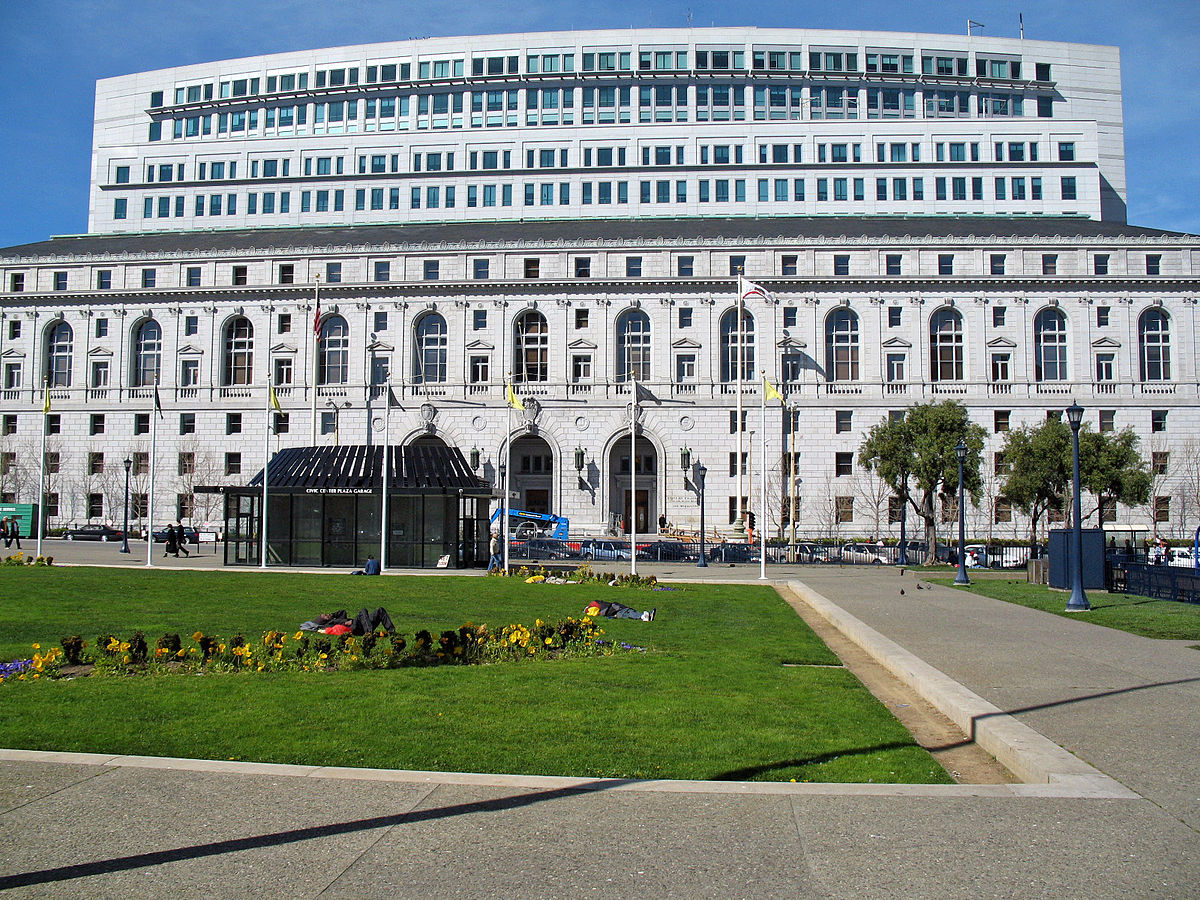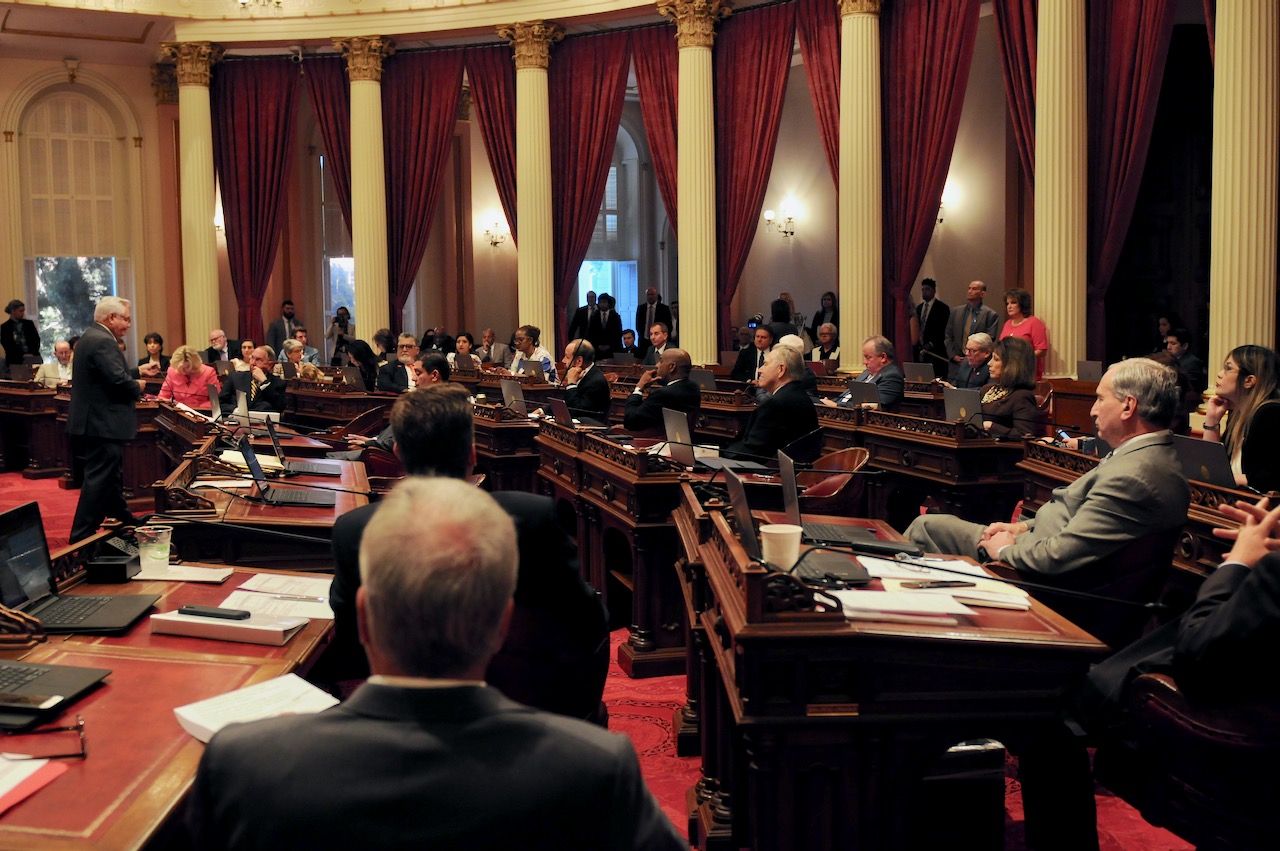
Justice Court. (Photo: Nirat.pix/Shutterstock)
California Trial Court Delay Reduction Act
The long wait to trial caused a serious crisis in the court and impeded civil litigants’ access to justice
By Chris Micheli, August 25, 2022 6:26 am
California has numerous formal acts in statute. Government Code Title 8, Chapter 2, Article 5 provides the Trial Court Delay Reduction Act, which is contained in Sections 68600 to 68620. Article 5 was added in 1990 by Chapter 1232. Section 68600 names the act.
Section 68603 requires the Judicial Council to adopt standards of timely disposition for the processing and disposition of civil and criminal actions. The standards must be guidelines by which the progress of litigation in the superior court of every county may be measured.
In establishing these standards, the Judicial Council is guided by the principles that litigation, from commencement to resolution, should require only that time reasonably necessary for pleadings, discovery, preparation, and court events, and that any additional elapsed time is delay and should be eliminated.
Section 68604 requires the Judicial Council to collect and maintain statistics, and publish them at least on a yearly basis, regarding the compliance of the superior court of each county and of each branch court with the standards of timely disposition.
In collecting and publishing these statistics, the Judicial Council is required to measure the time required for the resolution of civil cases from the filing of the first document invoking court jurisdiction, and for the resolution of criminal cases from the date of arrest, including a separate measurement in felony cases from the first appearance in superior court.
Section 68605.5 requires this article to apply to all actions and proceedings in the superior court in each county, except certain specified actions and proceedings.
Section 68607 requires judges to have the responsibility to eliminate delay in the progress and ultimate resolution of litigation, to assume and maintain control over the pace of litigation, to actively manage the processing of litigation from commencement to disposition, and to compel attorneys and litigants to prepare and resolve all litigation without delay, from the filing of the first document invoking court jurisdiction to final disposition of the action.
The judges of the program must comply with six specified policies of this article.
Section 68607.5 prohibits any action or proceeding from being removed from a delay reduction program because of a challenge filed.
Section 68608 provides that juvenile, probate, and domestic relations cases are not to be assigned to a delay reduction program, and cases which have been assigned to a judge or judges for all purposes based on subject matter need not be assigned to the program.
Section 68609.5 requires each court and the Judicial Council to adopt rules to allow for the arbitration of cases designated by the court as “Uninsured Motorist” in which an action is filed against a defendant who is an uninsured motorist and the plaintiff’s claim is subject to an arbitration provision.
Section 68610 authorizes the Judicial Council, in conjunction with other interested groups as it determines appropriate, to prepare and administer a program, consistent with the policies and requirements of this article, for the training of judges in administering the delay reduction program.
Section 68612 requires judges, in consultation with the bar of the county to the maximum extent feasible to develop and publish the procedures, standards, and policies which will be used in the program, including time standards for the conclusion of all critical steps in the litigation process, including discovery.
Judges must also meet on a regular basis with the bar of the county in order to explain and publicize the program and the procedures, standards, and policies which shall govern cases assigned to the program. In its discretion, the Judicial Council may assist in the development of, or may develop and adopt, any or all of such procedures, standards, or policies on a statewide basis.
Section 68613 allows the Judicial Council to receive and expend on the programs established by this article any funds available from county, state, or federal government or other sources which may be available for such purposes.
Section 68615 allows the Judicial Council, in its discretion, to contract out for performance of any of the duties imposed by this article. Section 68616 specifies that delay reduction rules cannot require shorter time periods than those specified in statute.
Section 68620 requires each superior court to establish a delay reduction program for limited civil cases in consultation with the local bar that is consistent with the provisions of this article. In its discretion, the Judicial Council may assist in the development of, or may develop and adopt, any or all procedures, standards, or policies for a delay reduction program for limited civil cases in superior courts on a statewide basis which are consistent with the provisions of the Trial Court Delay Reduction Act.
- The Division of Property Concerning Reimbursements - January 13, 2026
- Delinquent Child Support - January 12, 2026
- Service of Papers on an Attorney - January 12, 2026





3 thoughts on “California Trial Court Delay Reduction Act”